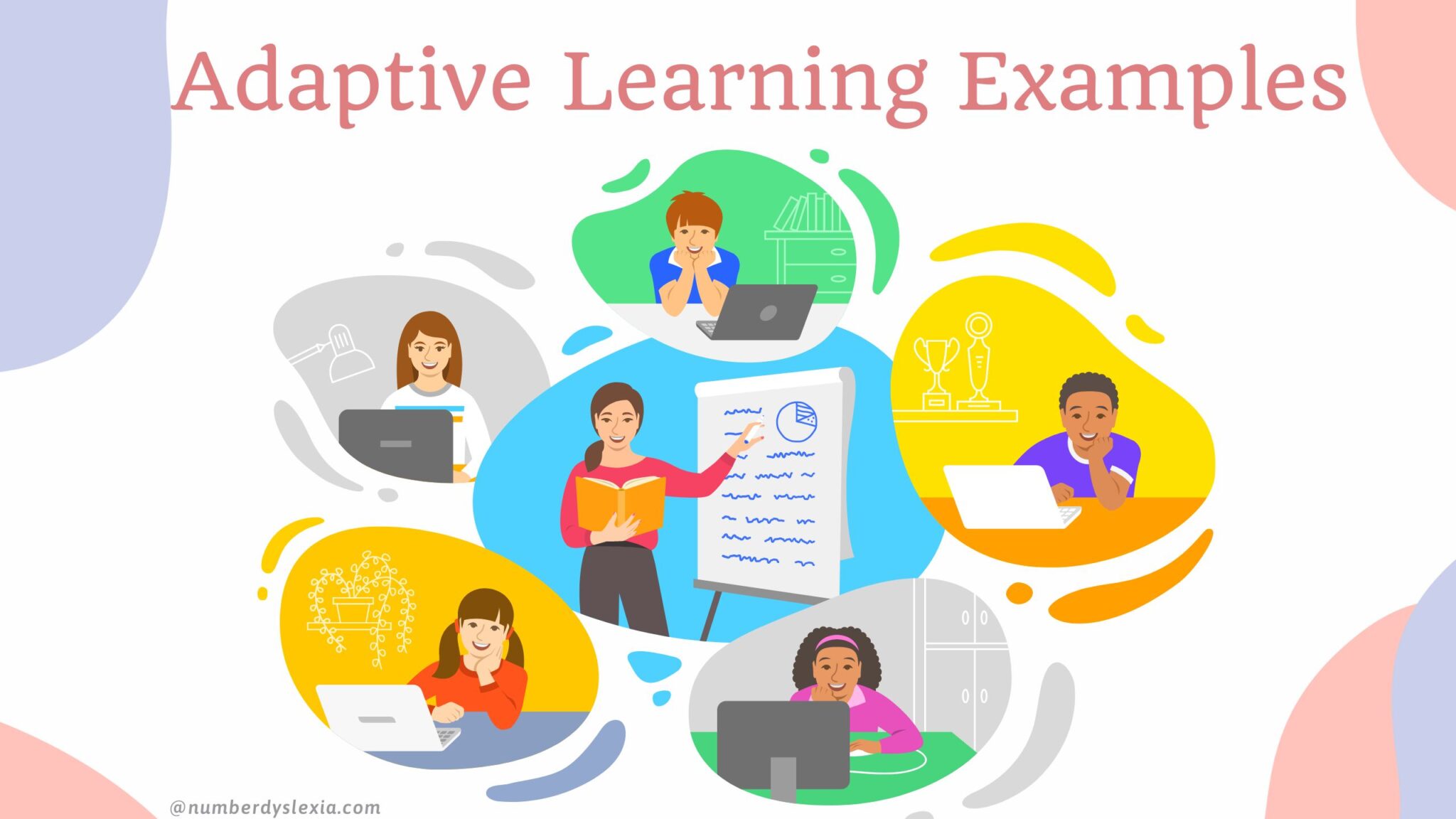Education Specialist Degree: Career Paths and Opportunities
What’s an education specialist degree?
An education specialist (ed. s. Degree is a postgraduate academic degree that fall between a master’s and a doctoral degree. Typically, require 30–60 credit hours beyond a master’s, this specialized credential prepare educators for advanced roles in the education field. The degree focus on develop practical skills and specialized knowledge in specific areas of education sooner than the research emphasis find in doctoral programs.
Most ed. s. programs require applicants to have a master’s degree and professional experience in education. The degree typically takes 1 3 years to complete, depend on whether you attendfull-timee orpart-timee. Many work professionals choose this degree because itoffersr advanced credentials without the time commitment of Ph.D.d. or ed. d.
Career advancement opportunities with an ed. s. degree
School administration and leadership
One of the virtually common career paths for ed. s. graduates from is school administration. The degree prepare educators to take on leadership roles such as:
-
Principal or assistant principal
lead school operations, supervise staff, implement curriculum standards, and foster positive learning environments. -
District administrator
oversee multiple schools, develop district wide policies, and coordinate educational programs. -
Curriculum director
design, implement, and evaluate educational curricula across grade levels or subject areas. -
Educational program director
manage specific educational initiatives or programs within schools or districts.
These positions typically offer substantial salary increases compare to classroom teaching. Accord to the bureau of labor statistics, school principals earn a median annual salary importantly higher than teachers, with opportunities for further advancement to district level positions.
Specialized instructional roles
The ed. s. degree allow educators to develop expertise in specific educational areas:
-
Instructional coach
work direct with teachers to improve teach strategies and classroom management. -
Read or math specialist
provide target instruction and interventions in specific subject areas. -
Special education coordinator
oversee programs for students with special needs, ensure compliance with laws and best practices. -
Gifted and talented program coordinator
develop and implement programs for hhigh schoolachieve students. -
Educational technology specialist
lead technology integration initiatives and train staff on educational technologies.
These specialized roles oftentimes come with additional compensation and reduced classroom teaching loads, allow for a better work-life balance while maintain direct contact with students.
Educational support services
An ed. s. degree can prepare you for crucial support roles in education:
-
School counselor
with appropriate specialization, provide academic, career, and personal / social counseling to students. -
School psychologist
conduct assessments, develop interventions, and support students’ mental health needs. -
Educational diagnostician
assess learn difficulties and develop appropriate educational plans. -
Behavior intervention specialist
design and implement behavior management strategies for challenge students.
These positions are progressively important as schools focus more on student mental health and personalized learning approaches.
Higher education opportunities
While many ed. s. graduate work in k 12 settings, the degree too open doors in higher education:
-
Community college instructor
teach education courses or other subjects base on your background. -
University adjunct faculty
teach undergraduate education courses at colleges and universities. -
Academic advisor
guide college students through their educational journey. -
Student affairs administrator
work in areas like residential life, student activities, or academic support services.
These roles allow ed. s. graduate to shape the next generation of educators while work in collegiate environments.
Educational consulting and private sector roles
The expertise gain through an ed. s. program is valuable beyond traditional school settings:
-
Educational consultant
provide expert advice to schools, districts, or educational organizations on specific issues or improvement strategies. -
Corporate trainer
design and deliver professional development programs for businesses. -
Educational content developer
create curriculum materials, textbooks, or digital learn resources for educational publishers. -
Educational software developer
contribute expertise to companies create educational technology products. -
Testing and assessment specialist
work with companies that develop standardized tests and other educational assessments.
These roles oftentimes offer competitive salaries and the opportunity to impact education on a broader scale.
Government and policy work
An ed. s. degree can qualify you for positions influence educational policy:
-
State department of education official
develop and oversee state educational policies and programs. -
Federal education program specialist
work with agencies like the uU.S.department of education on national initiatives. -
Educational policy analyst
research and evaluate the impact of educational policies for government agencies or think tanks. -
Grant writer / administrator
secure and manage funding for educational programs.
These positions allow educators to shape policy decisions that affect schools and students across wide geographic areas.
Nonprofit and community education
Many ed. s. graduates find fulfilling careers in nonprofit organizations:
-
Nonprofit education director
lead educational initiatives for community organizations. -
After school program coordinator
develop and manage extended learn opportunities for students. -
Museum education director
create educational programs for museums and cultural institutions. -
Community education coordinator
develop and implement educational programs for community members of all ages.
These roles allow educators to apply their expertise in non-traditional settings, oftentimes reach underserved populations.
Research and program evaluation
Though not as research intensive as doctoral programs, an ed. s. degree provide skills for:
-
Educational researcher
conduct studies on educational practices and outcomes. -
Program evaluator
assess the effectiveness of educational programs and initiatives. -
Data analyst
analyze educational data to inform ddecision-making -
Assessment coordinator
oversee testing programs and analyze results to improve instruction.
These positions are progressively important as education become more data drive and evidence base.
International education opportunities
An ed. s. degree is recognized internationally, open doors to global opportunities:
-
International school administrator
lead aAmericanor international schools overseas. -
Educational program developer
design educational initiatives for international organizations. -
Study abroad coordinator
develop and manage international education programs for colleges and universities. -
Educational consultant for international schools
provide expertise to schools implement aAmericaneducational models overseas.
These positions offer the chance to experience different cultures while apply your educational expertise in diverse settings.
Pathway to doctoral studies
For some educators, an ed. s. serve as a stepping stone to doctoral studies:
-
Credits transfer
many ed. s. credits can transfer toward doctoral programs, reduce the time need to complete a pPh.D.or ed. d. -
Research experience
the ed. s. provide initial research experience that prepare students for doctoral level research. -
Career advancement while study
earn the ed. s., advance your career, and so pursue a doctorate with better financial positioning.
This approach allow educators to progress academically while maintain career momentum.
Specialized ed. s. concentrations and their career paths
Many ed. s. programs offer specializations that prepare graduates for specific career paths:
Curriculum and instruction
This concentration prepare educators to become curriculum specialists, instructional coaches, or department chairs. Graduates develop expertise in design effective learning experiences, evaluate instructional materials, and support teacher development.
Educational leadership
Focus on prepare school and district leaders, this specialization cover educational law, finance, personnel management, and organizational leadership. Graduates typically pursue principal, superintendent, or other administrative positions.

Source: degrees.ucumberlands.edu
School psychology
This specialized track prepare professionals to address students’ learning and behavioral needs through assessment, intervention, and consultation. Graduates from work as school psychologists in k 12 settings.
Special education
This concentration develop advanced expertise in work with students with disabilities. Graduates may become special education directors, coordinators, or specialists focus on particular disability categories.
Educational technology
Focus on integrate technology into education, this specialization prepares graduates to become technology coordinators, digital learn specialists, or online learn administrators.
Reading / literacy education
This concentration develop expertise in literacy instruction and intervention. Graduates frequently become read specialists, literacy coaches, or directors of read programs.
Financial benefits of an ed. s. degree
Invest in an ed. s. degree typically yield significant financial returns:
-
Salary increases
many school districts offer automatic salary increases for educators who earn an ed. s. -
Access to higher pay positions
administrative and specialist roles accessible with an ed. s. typically offer considerably higher salaries than teach positions. -
Long term earning potential
over a career, the salary differential between master’s level and ed. s. level positions can amount to hundreds of thousands of dollars. -
Retirement benefits
higher salaries throughout your career translate to increase retirement benefits.
When consider the cost of the degree, many educators find that the long term financial benefits importantly outweigh the initial investment.

Source: mydegreeguide.com
Balance work and ed. s. studies
Many educators pursue an ed. s. while maintain full-time employment:
-
Online and hybrid programs
many institutions offer flexible formats design for working professionals. -
Evening and weekend classes
traditional programs oftentimes schedule courses outside regular school hours. -
Summer intensive options
some programs concentrate coursework during summer breaks. -
Cohort models
these provide build in support networks and predictable schedules.
With careful planning and the right program format, earn an ed. s. while continue to work is achievable for most educators.
Make the most of your ed. s. degree
To maximize the value of your ed. s. investment:
-
Network actively
build relationships with faculty, fellow students, and education leaders. -
Select practical projects
choose assignments and research topics relevant to your career goals. -
Seek leadership opportunities
take on committee roles or lead initiatives in your current position. -
Maintain professional memberships
stay connect with relevant professional organizations. -
Continue professional development
the ed. s. is a foundation; continue build specialized knowledge in your area of interest.
By strategically apply what you learn and build professional connections, you can maximize the career impact of your ed. s. degree.
Conclusion
An education specialist degree offer versatile career options span k 12 administration, specialized instruction, higher education, educational support services, policy work, and beyond. The degree provide a practical alternative to doctoral studies for educators seek advanced positions without the extent research focus of a Ph.D. or ed. d.
With the education landscape continually evolve, ed. s. graduates find themselves intimately position to take on leadership roles address contemporary challenges in education. Whether your passion lie in school leadership, specialized instruction, educational technology, or policy development, an ed. s. degree provide the credentials and knowledge to advance your educational career and make a broader impact on students and educational systems.



